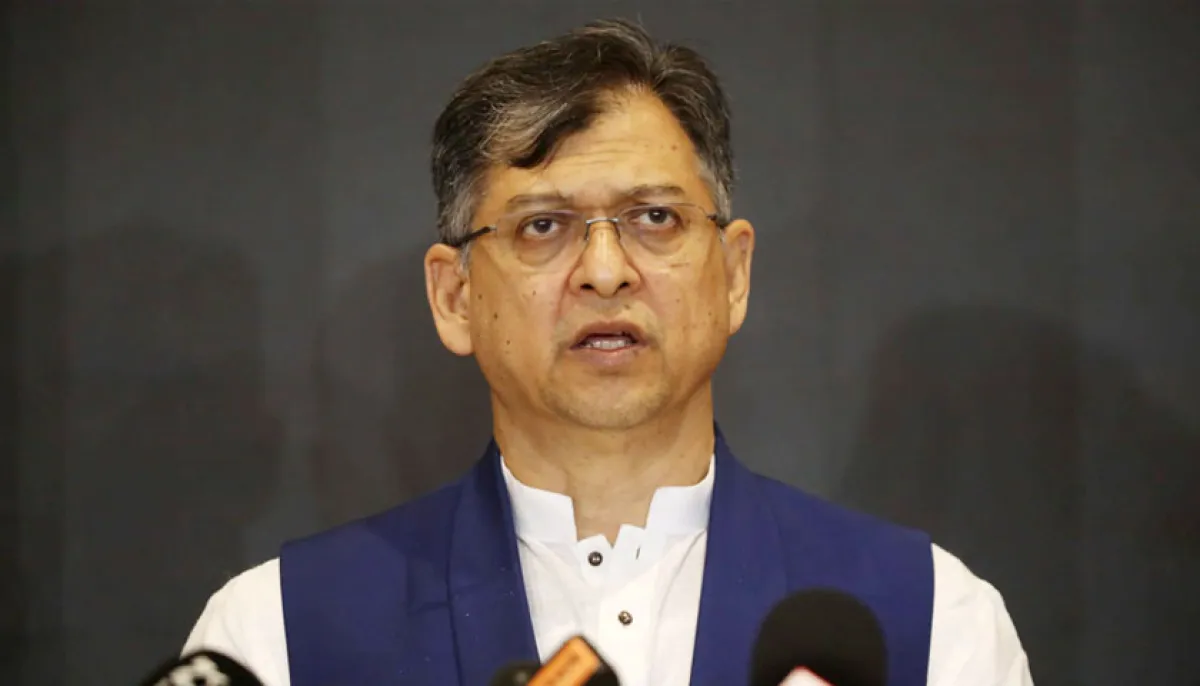 বিএনপির স্থায়ী কমিটির সদস্য সালাহউদ্দিন আহমেদ। ছবি : সংগৃহীত
বিএনপির স্থায়ী কমিটির সদস্য সালাহউদ্দিন আহমেদ। ছবি : সংগৃহীত
BNP Standing Committee member Salahuddin Ahmed on Monday said there has been a consensus on decentralisation of subordinate courts, with all parties agreeing on specific directives for establishing courts at the upazila level.
Talking to journalists at the Foreign Service Academy in the capital following the National Consensus Commission's dialogue with political parties, Salahuddin highlighted the unified stance on this judicial reform.
“Certain issues regarding subordinate courts have been clearly defined,” said Salahuddin Ahmed, adding, “For instance, there is no need to establish courts in upazilas that are part of district headquarters. Since those specific sadar upazilas can be integrated with the district judge courts located in the district headquarters that effectively establishes the upazila courts there.”
He said that some upazilas in Bangladesh, which were once called 'chowkis' during the British period, as well as island and other selected areas, already had courts established.
“For upazilas located very close to district headquarters—say within 15 to 20 kilometres—given the improved state of communication, it becomes administratively burdensome to build new structures, provide housing for officers and staff, and maintain them. Therefore, based on a detailed survey, it has been recommended that no new courts be established in such upazilas,” Salahuddin pointed out.
The BNP leader stated, “Factors such as the distance between upazilas, population density, economic conditions, communication facilities, and the number of pending cases in specific upazilas should be considered. Following a survey, a phased approach to establishing courts in all upazilas has been agreed upon.”
On the issue of establishing permanent High Court benches in divisional cities, Salahuddin advised involving the judiciary.
The previous discussions on setting up permanent High Court benches in divisional cities were included in the Judicial Reform Commission’s report, he said, suggesting that this matter should be discussed with and involve the judiciary.
“In 1988, a Supreme Court judgement declared the relevant constitutional amendment for such benches unconstitutional, and as a result, those benches were never established. To avoid repeating such complications in the future, we have recommended a solution be found in consultation with the judiciary, with both the National Consensus Commission and the government bearing responsibility,” Salahuddin reminded.
Emergency Provisions
Salahuddin also addressed the issue of emergency powers in the Constitution, stating that Articles 141A, 141B, and 141C clearly define the President’s authority to declare a state of emergency, the process for doing so, which fundamental rights may be suspended, how long it can last, and what must happen if Parliament is not in session.
He said, “The Consensus Commission has proposed adding two or three more clauses related to this. There have been detailed discussions on maintaining fundamental human rights during emergencies, especially in relation to international treaties and agreements with the United Nations.”
“Our proposal is that the matter should be determined through a detailed debate in the National Parliament. This is a complex issue. Laws may be enacted under these constitutional provisions, and Parliament would be the appropriate forum for such considerations,” Salahuddin explained.
Source: UNB
